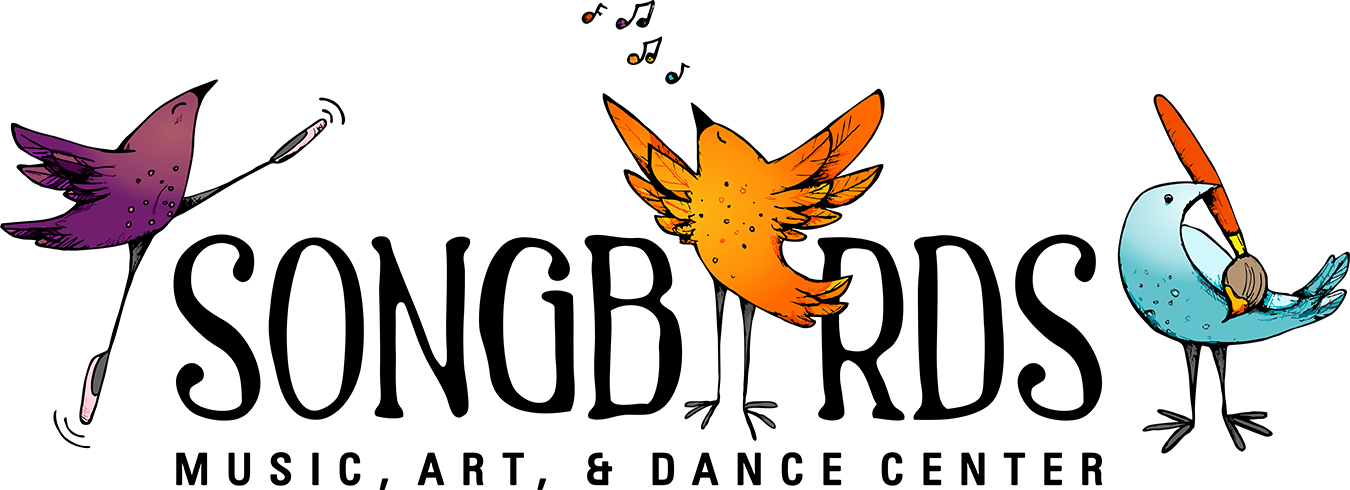
Degree in hand, you’re ready to make your mark in the musical world. Now what? If you are inclined to turn that degree and your talent into money, think “job.” Or “gig,” if that makes the idea more palatable.
Whichever, it’s not easy to break in for music school grads, but it’s simple enough to get ready. And if you take it one step at a time, you will get to where you want to go.
Step 1: Think Small.
You might have an idea of your dream job, and that’s not necessarily a bad thing—unless you think you can get from here to there in one giant leap. Instead, figure out all the in-between steps between here and there and take them one at a time.
Some questions you can ask yourself while figuring out the milestones that will mark the path to your ultimate career goal include:
- What do I want to be doing when I get to mile marker No. 1 and how long will it take me to get there? (This is a standard interview question: Where do you see yourself in five years?)
- How will I use my hours, days, and weeks to develop my talent?
- Who are my mentors and how will they help me get there?
- How much do I need to earn to not be a starving artist?
When you start answering those kinds of questions, you are envisioning success, and interviewers love to hear from prospective employees who have reasonable, achievable goals. Thinking near-term success (which changes every time you pass one milestone) will eventually pay off in long-term achievement.
Pro tip: Thinking small—identifying how to find opportunities you can seize now.
Step 2: Give Yourself Credit.
Don’t get so focused on the future and on what you want to accomplish that you forget what you’ve already achieved.
Make a list of all the milestones you’ve already passed on your way to career success. If you think about it—and even get some input from others—you’ve probably done a lot more than you realize. Interviewers will want to know about your past success and how you plan to build on it.
Pro tip: Don’t be shy. Use your achievements—big and small—to update your résumé, website, and online profiles.
Step 3: Who You Know is as Important as What You Know.
Think about all the people you’ve met along the way, including instructors, classmates, other music school grads, band directors, and music industry professionals. They might be helpful when you’re trying to get your foot in the door, so remember to ask if you can list them as references.
What connections do you need to get ahead? How could you meet them, virtually or in person? Are there events, virtual or real-world, that would allow you to expand your network?
You just might find you know more music industry professionals than you think, and the ones you want to meet are more accessible than you imagine.
Pro tip: Keep records of who you know and want to know.
Step 4: Max Out Your Social Media.
Your social media presence is an incredibly important vehicle for making progress on your career path.
Think about different things you can do to increase your exposure on different social platforms to music industry professionals.
Update your LinkedIn or start a page if you don’t have one. Make sure it reflects where you are in your career and life in case employers find your page when searching for new hires.
Pro tip: TikTok, Instagram, YouTube, and Twitter are top platforms for finding new talent. Post early and often, featuring videos and recordings that showcase your ability.
Step 5: Market Yourself.
As a musician, you are your brand—the product that potential employers and customers remember when making connections. Invite them into your brand. There’s always a chance someone will reach out of the blue to make a profitable connection. Don’t leave it to luck, though. Market your brand and raise its profile in your market to get attention.
Pro tip: Leverage everything from a website to social media to posters and flyers to get yourself noticed.
Here are a few more ideas to keep in mind when you’re trying to break in:
Cast a wide net.
Express interest in a wide variety of positions. That improves the odds of landing the job. Keep tabs on companies and organizations you find attractive (like Songbirds – apply here!). Set up notifications on job search engines. Don’t limit what you’re willing to consider. For example: If you see yourself working as a producer, don’t just look at studios. Also apply for jobs at record labels and publishing companies. You never know what you could end up doing or who you could meet.
Pro tip: Build relationships as you go through the application process. Creating a network of industry insiders can create a “six degrees of separation” scenario that gets you in front of the right person.
Volunteer.
If you’re not getting paid opportunities right away, use your time to make connections at schools, senior centers, performing arts organizations, churches, or other music school grads who are working. Internships are another way to meet people in the profession, enrich your skillset, and gain real-world experience.
Pro tip: Keep your eyes and ears open. You never know where or when you’ll meet the person who can boost your career.
Start your own business.
Not finding anything in your field? Not interested in working for free? Why not start your own business!
Create your own opportunities. You might even re-invent yourself. Does your talent lend itself to teaching? Do you have an ear for producing? Get creative! You might find it surprising how many ways music school grads can earn an income on their own. Or, find gig work through an online service that can help guide you and offer some level of protection.
Pro tip: Find someone who can mentor you on the fine points of entrepreneurship or the gig economy. Being a good musician does not necessarily make you a good businessperson.
Be kind to yourself.
Searching for a job can feel overwhelming and stressful. Always remember, you’re not alone!
Turn to friends and family members when you need help and support. Don’t go solo.
Pro tip: Celebrate every win, from getting an interview, callback, or offer. Recognizing all the good times will help you weather the lean times better.




